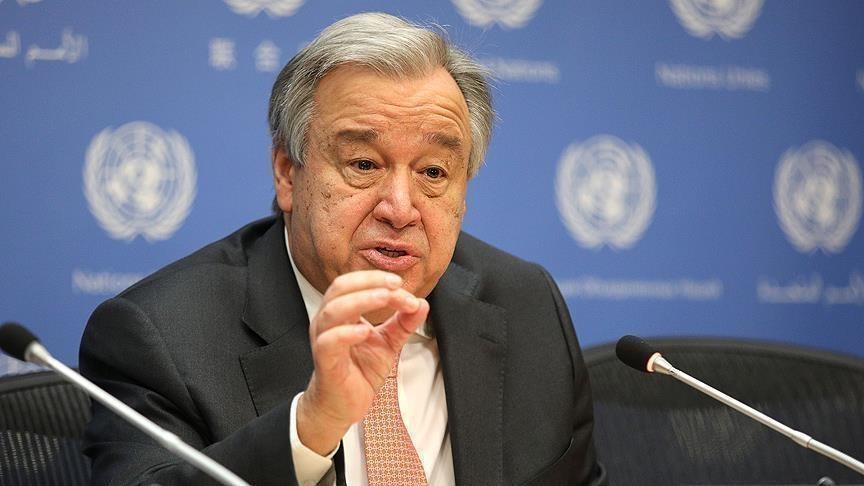The Department of Veterans Affairs (VA) on Thursday announced major new investments to tackle the homelessness crisis among veterans as it pushes toward an ambitious goal of housing at least 38,000 veterans this year.
The Department of Housing and Urban Development (HUD) will soon provide $3.1 billion through its Continuum of Care (COC) program to address overall homelessness across all demographics, with part of the funding trickling down to the VA for use at its local medical centers.
U.S. officials say the new funding commitment is a historic single-year investment in the COC program, which works on the community level with nonprofits and local governments to address homelessness.
The VA on Thursday also announced more than $11 million in grants to public and nonprofit organizations for a new program focused on legal assistance for veterans facing eviction, child support cases and other legal problems.
VA Secretary Denis McDonough said the “justice system involvement for our veterans is strongly and directly correlated with homelessness.”
“So our ability to help those veterans who are struggling with justice system involvement will directly impact our ability to end veteran homelessness,” he told reporters during a Wednesday briefing. “In fact, legal support can be the difference between coming home homeless in the first instance, or having a safe, stable house.”
Another $58 million in grant funding will help veterans reintegrate into the labor force, part of an existing program seeking to more closely address the root causes of homelessness, according to the VA.
The VA housed more than 40,000 veterans last year, surpassing goals the department set for 2022. The latest tally of how many veterans are homeless across America also dropped by 11 percentage points in 2022 compared to 2020.
Still, the overall homelessness crisis, exacerbated by soaring inequality and an extreme shortage of affordable housing, reached record highs in 2022 and has been rising significantly since 2017, according to the National Alliance to End Homelessness.
Homelessness also continues to impact veterans more than the average American. Around 33,136 veterans were counted as homeless in 2022.
President Biden is working on a plan to reduce overall homelessness by about 25 percent by 2025. His proposed fiscal 2024 budget includes more than $10 billion to address overall homelessness, about a 6 percent increase from the last fiscal budget.
In his State of the Union address in February, Biden also pledged to curtail veteran suicide rates and help keep a roof over their heads.
“Let’s do more to keep this nation’s one fully sacred obligation: to equip those we send into harm’s way and care for them and their families when they come home,” Biden told Congress.
Biden is pursuing a strategy to first place those experiencing homelessness in housing and then give them the support structure to maintain shelter.
The investments announced Thursday expand on that effort, including a new “boot camp” initiative, which involves employing a network of supportive services to more quickly transition those experiencing homelessness to permanent housing.
The housing first strategy, which provides housing first and recommends treatment but doesn’t require it, has been the subject of intense debate.
Some poverty-fighting organizations support it, while other experts say the U.S. approach has largely failed to alleviate the crisis.
Neera Tanden, a domestic policy adviser for Biden, said that taken together, the grant funding announced Thursday will allow veterans to “learn occupational skills, participate in registered apprenticeships or on-the-job training, be placed in jobs and receive supportive services.”
Tanden said the administration was “making incredible strides” in the effort to end homelessness even as it continued to face challenges.
“Everyone should have a roof over their head,” she said on Wednesday, adding that the new investments “mark an important next step in our urgent collective efforts to address veteran homelessness.”











